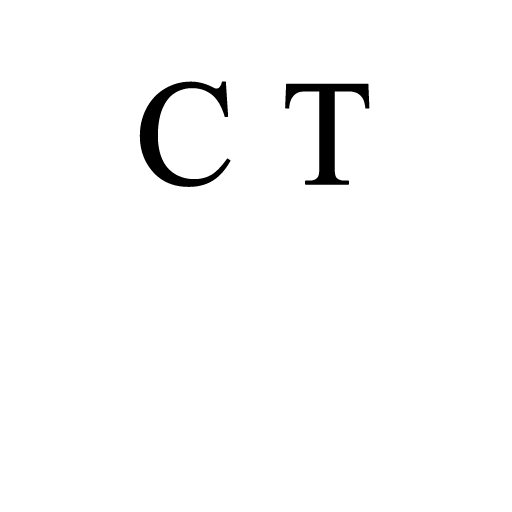Isn’t this a clever – if illegal – use of the new technology over in Spain by La Liga? The problem to be solved being, well, there’s mass pirating of the football TV shows. This of course means less money for the players. So, how to use modern technology to find out whether people are watching an illegal pirate of the live match, or something that has been paid for? Bug their mobile phones, obviously:
[perfectpullquote align=”full” bordertop=”false” cite=”” link=”” color=”” class=”” size=””] Spain’s football league, La Liga, has been hit with a €250,000 (£222,000) fine for using fans’ mobile phones as spying tools to crack down on bars screening matches with pirated television signals. Via its app, La Liga would remotely turn on the microphone function of users’ phones to listen for the sound of a match broadcast. The geolocation function was then used to establish the position of the person watching a televised game in order to check whether they were in an establishment with a paid subscription to an official La Liga package, or if it was using an illicit signal. [/perfectpullquote]That’s actually very clever. So, the football mad will download the official app – people who will pay €50 and the rest for a replica shirt are likely to take something for free too. Then you wait until match time, listen to the soundtrack of the game. The phone will tell you where they are, it’s easy enough to superimpose one map over the other of those who have bought commercial licences for the TV package.
Prosecute and profit.
The players get more – do note that Spanish football is like English, the competitive nature means that all the TV money and more flows through the system into star wages. Victory, eh?
The only wrinkle in this appears to be that it’s illegal:
[perfectpullquote align=”full” bordertop=”false” cite=”” link=”” color=”” class=”” size=””] La Liga said the more than four million users of its app in Spain “express proactively and twice over” their consent for the use of their mobiles for the detection of fraudulent behaviour from unauthorised establishments. But, in a decision that calls into question the way users of digital services give permission for the use of personal data, the AEPD took issue with the app’s one-off system of consent, suggesting instead that La Liga should have warned users each time that the activated the espionage function. [/perfectpullquote]That’s law made on the hoof there. Which is, of course, bad law. The really sad thing about this is that we’re going to get a lot of this over the coming years. People acting according to the letter of the law and these varied commissioners, boards, administrators shouting that that’s not quite what they meant. But it is necessary for the rule of law to be paramount if we are to remain a free polity.
It’s even OK for the administrators to act to change the law for the future, but not to fine and declare illegal activity which was, by the written rules, OK at the time it was done. Which is actually a greater threat to liberty than the surveillance being complained of. Acts being declared illegal retrospectively? Welcome to something much worse than people listening to your phone.




There are always unexpected consequences of any action. In this case the football authorities are putting together apparently unrelated data items to gather a more accurate picture of activities that their customers wish to keep secret. This is not a new technique, but it is one that has, heretofore, only been used extensively by detectives investigating a crime or intelligence services investigating the national secrets of another country. If these techniques are to be used extensively by state authorities or commercial entities against their own customers or citizens, then we are effectively encouraging the vast mass of the population to… Read more »
The difference between Code Law and Common Law.